Evolving Social and Constitutional Rights for LGBTQ+ Communi
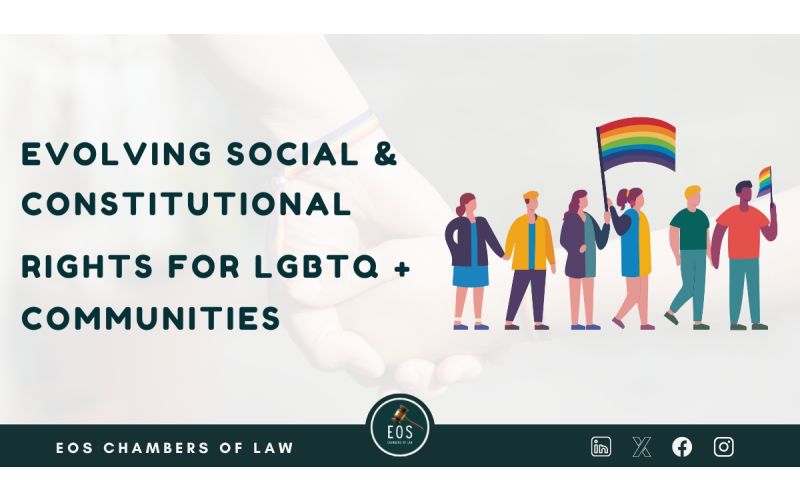
Evolving Social and Constitutional Rights for LGBTQ+ Communities
The journey toward equality for LGBTQ+ communities in India has been marked by significant legal and social milestones. From the decriminalization of same-sex relationships to ongoing debates about marriage equality and adoption rights, the evolution of LGBTQ+ rights reflects the interplay between constitutional principles and societal progress.
Key Milestones in LGBTQ+ Rights:
- Decriminalization of Homosexuality (Navtej Johar v. Union of India, 2018):
The landmark Supreme Court judgment struck down Section 377 of the Indian Penal Code, decriminalizing consensual same-sex relationships. The court emphasized that the right to privacy and equality applies to all individuals, irrespective of their sexual orientation. - Recognition of Transgender Rights (NALSAR Case, 2014):
The Supreme Court’s ruling in National Legal Services Authority v. Union of India recognized transgender individuals as a third gender, affirming their right to self-identify and access affirmative actions such as education and employment quotas. - Anti-Discrimination Protections:
While India lacks comprehensive anti-discrimination laws for LGBTQ+ individuals, the courts have increasingly upheld their rights. Several state and local governments have issued guidelines to ensure inclusivity in workplaces and schools.
Constitutional Foundations of LGBTQ+ Rights:
- Equality and Non-Discrimination:
Article 14 (equality before the law) and Article 15 (prohibition of discrimination) form the bedrock of constitutional protections for LGBTQ+ individuals. - Right to Privacy:
Article 21 guarantees the right to life and personal liberty, interpreted to include privacy and dignity. The Puttaswamy v. Union of India judgment strengthened this principle, laying the foundation for further rights. - Freedom of Expression:
Article 19 protects the right of LGBTQ+ individuals to express their identities without fear of persecution.
Challenges and the Road Ahead:
Despite progress, several challenges persist:
- Marriage Equality:
Same-sex marriages are not yet legally recognized, limiting LGBTQ+ couples' access to marital rights like inheritance, taxation benefits, and spousal healthcare. - Adoption and Parenthood:
The legal framework does not fully recognize adoption by LGBTQ+ couples, creating barriers to family formation. - Social Acceptance:
Stigma and discrimination remain prevalent, particularly in rural areas, hindering the full realization of constitutional rights. - Workplace Inclusivity:
While corporate India has made strides in creating LGBTQ+ inclusive workspaces, a comprehensive anti-discrimination law is needed to ensure uniformity across sectors.
Global Inspiration:
Countries like Canada, South Africa, and the Netherlands provide robust legal frameworks for LGBTQ+ rights, including marriage equality and anti-discrimination laws. Their models can serve as benchmarks for India’s progress.
Conclusion:
The constitutional promise of equality and dignity must extend to all individuals, including LGBTQ+ communities. Legal advancements alone cannot achieve this; societal attitudes must evolve in tandem. Continued advocacy, judicial interventions, and public discourse are essential to bridge the gap between legal recognition and social acceptance.
As India progresses, embracing inclusivity and diversity will strengthen its democracy and reaffirm its commitment to human rights.
Post Categories
Featured Posts
Latest Posts
Latest Posts
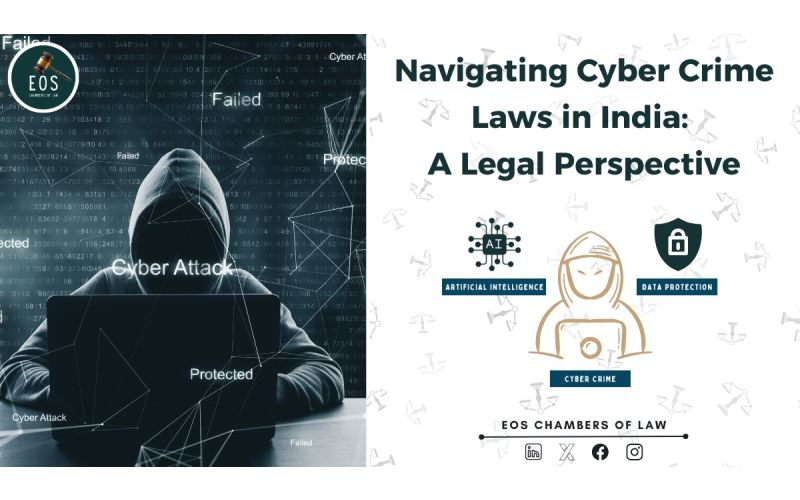
Navigating Cyber Crime Laws in India A Legal Perspective...
The rapid proliferation of digital technologies has transformed India rsquo s social economic and professional landscape While digitalization brings efficiency and innovation it also exposes individuals and businesses to cybercrime risks As a lawyer in India it is crucial to...

No Law Gives Right To Husband To Beat Torture His Wife Delhi High Court...
Synopsis The court was hearing an appeal by a woman challenging the decision of the trial court nbsp whereby it has dismissed her petition seeking divorce from the man on the ground of cruelty and desertion While granting divorce to...
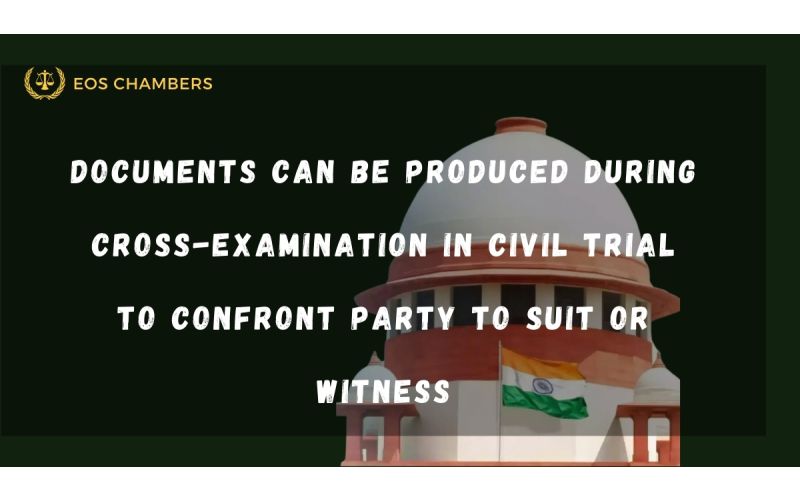
Documents Can Be Produced During Cross-Examination In Civil Trial To Confront Party To Suit...
In a notable judgment the Supreme Court has held that a document can produced during cross-examination in a civil trial to confront a party to the suit or a witness The Court also held that there is no distinction between...
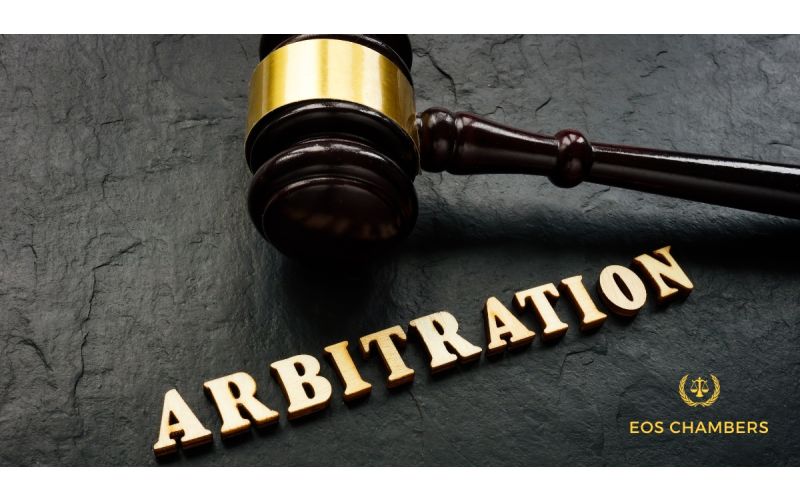
Navigating the Future The Rising Demand for Faster Resolutions through Arbitration...
Dear community In the ever-evolving landscape of dispute resolution the demand for faster and more efficient solutions is on the rise As businesses and individuals seek alternatives to protracted litigation arbitration has emerged as a compelling choice Let's delve into...

The Supreme Court s Ruling on Same-Sex Marriage What s Next...
As legal professionals we recognize the profound implications of the Supreme Court of India's recent deliberations on same-sex marriage While the Court refrained from granting full marriage equality the discussions have paved the way for significant legal discourse on LGBTQ...
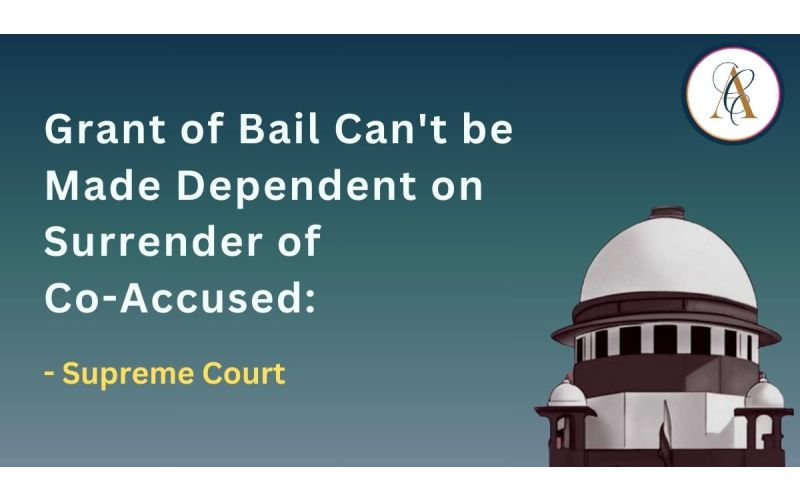
Grant Of Bail Can't Be Made Dependent On Surrender Of Co-Accused Supreme Court...
A Division Bench of the Supreme Court while allowing a bail plea held that the grant of bail to a co-accused person cannot be contingent on the surrender of another accused who is also pertinently the main accused in the...

Speak With Our
Get a Appointment
















